370. onion market in Weimar – 2nd weekend of October
- Written by Portal Editor
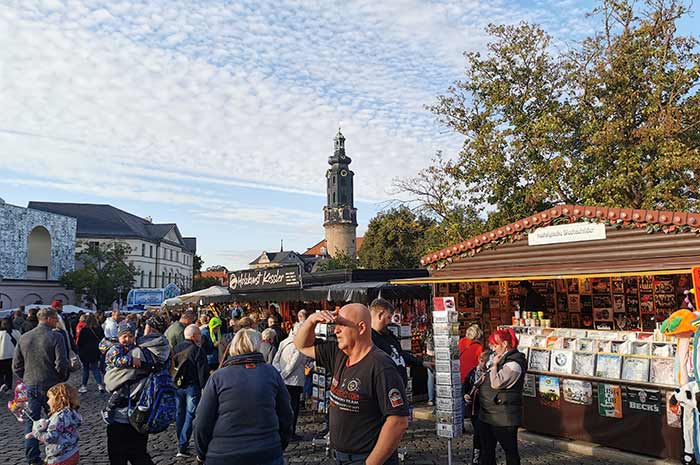
Anyone who comes to Weimar on the second weekend in October will experience the famous Weimar Onion Market, the oldest and largest folk festival in Thuringia with around 360,000 visitors. The celebration lasts for three days every second weekend in October - the 370th edition will take place from October 13th to 15th, 2023.
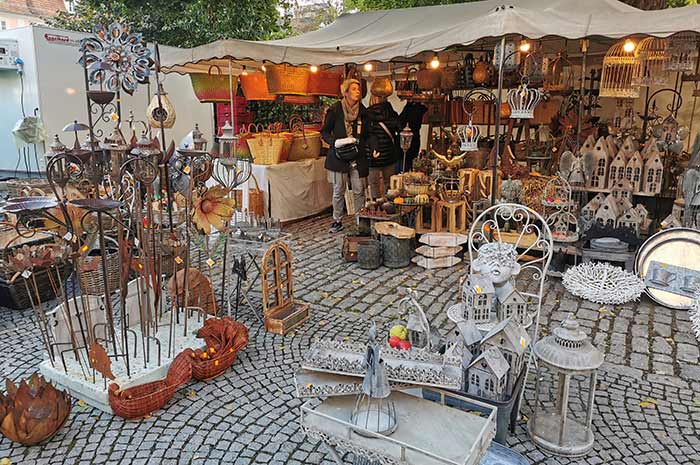
In October, in addition to Goethe and Schiller, Weimar also has something original and folk to offer: the onion market, which the tradition-conscious Goethe also raved about as a "famous market festival" with its folksiness.
He also dedicated a few lines to the onion market and the beneficial effects of onions. In a letter to Caroline Satorius dated November 7, 1806, the poet wrote: “We are very pleased that the vegetable jokes have had a positive effect. Just don't forget to pick something up from us at this market every year."
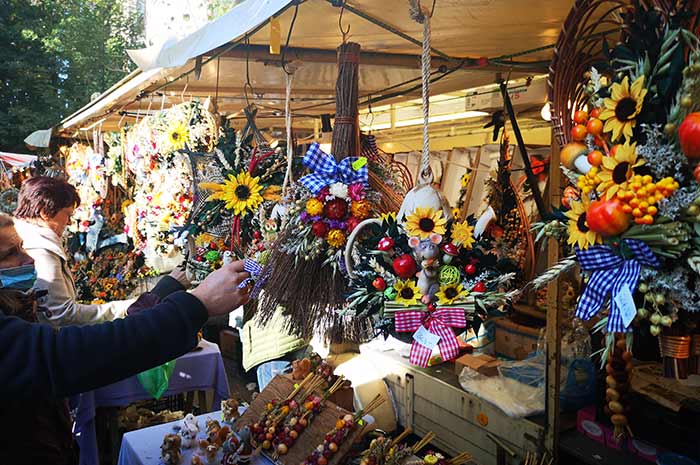
But, dear readers, there are also a few legends about the origins of the market and the “vegetable effect” so highly valued by Goethe, as is common in the nature of every people. Although onion markets also appeared in other cities, most traders and buyers from all over central Germany flocked to Weimar's Frauenplan to stock up on onions, along with other herbs and vegetables.
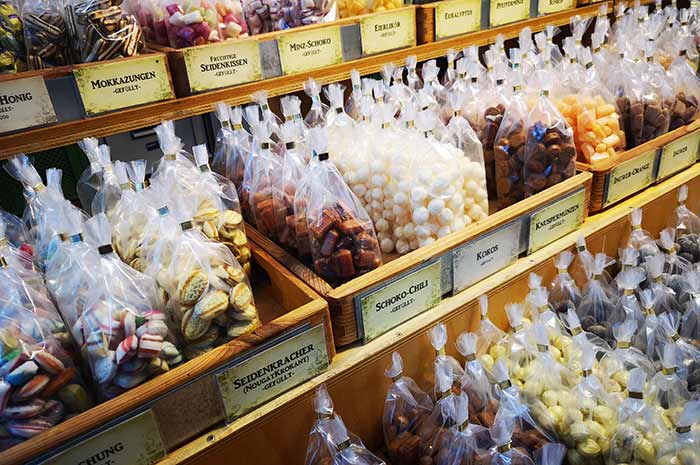
In addition to the market activity, social contacts were of course also in the foreground and people met not only for the sake of trade, but also for physical well-being. In the merchants' accommodation, which were both private and inns, everyone happily socialized together, ate and drank together and told each other stories.
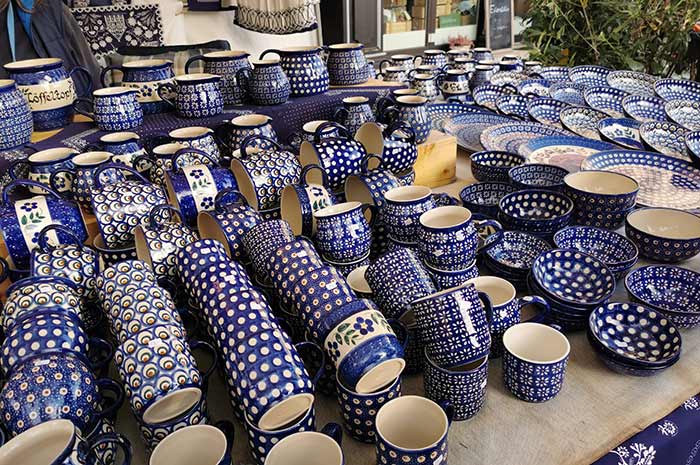
A dialect poem from the mid-thirties of the 20th century by Oskar Wilhelm Imhof impressively describes this colourful folkloristic hustle and bustle around the onion, the market, Thuringian delicacies such as "Kließe mätfleisch onn Zebblbrih" and "Zebblkuchen".
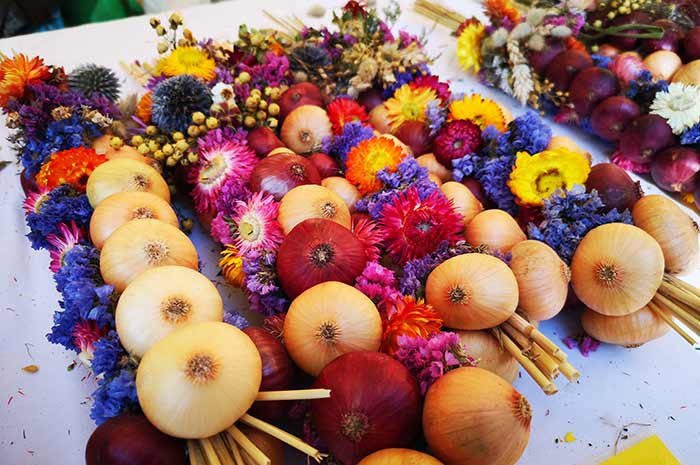
The onion market was seen as a profitable alternative for many traders. But with the First World War, the economic boom of the onion market came to an abrupt end. Traders and buyers stayed away and had to work at the front. Due to the war situation and the hardships associated with it, the market was even cancelled in 1917.
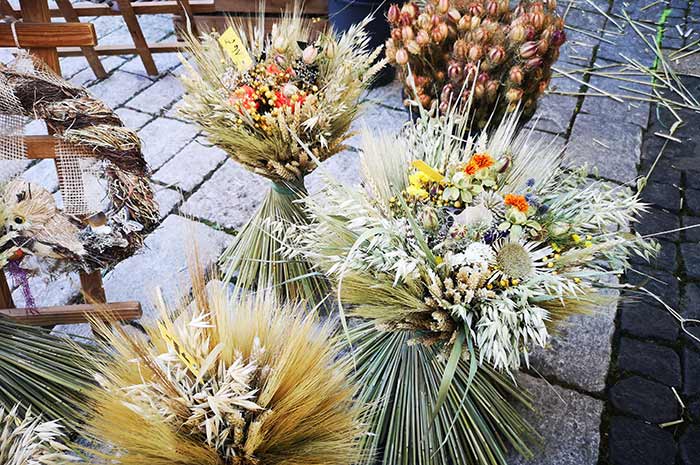
The lull lasted until around 1921, but just a year later the next disaster struck the onion market: inflation. With the enormous price increases and the devaluation of money, the market's namesake led the cost of the goods to be sold: 500g of onions cost 60,000 marks.
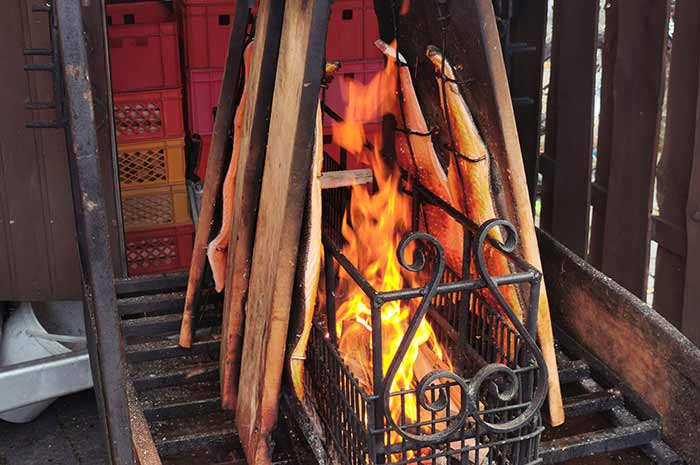
But the top priority is 500g of marjoram for 100,000 marks. In his socially critical novella “Miele. Johannes Schlaf depicts the social differences between the stalls in a character portrait. The novella is considered a "well-rounded" literary treatment of the onion market.
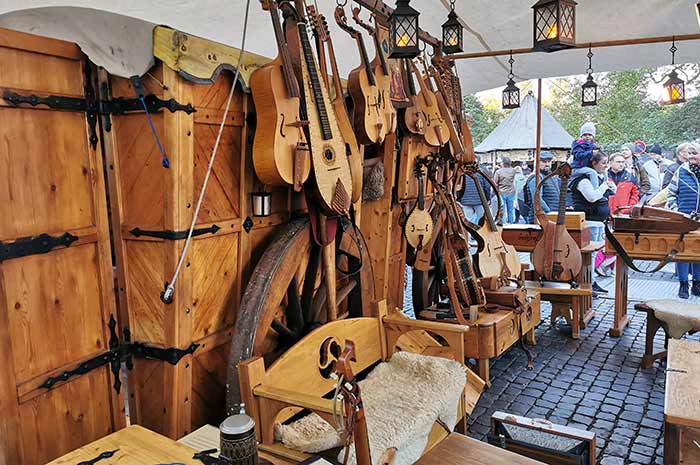
However, further literary processing is limited to anonymous poems that describe the course of the event. The National Socialists also tried to use the onion market for their propaganda.
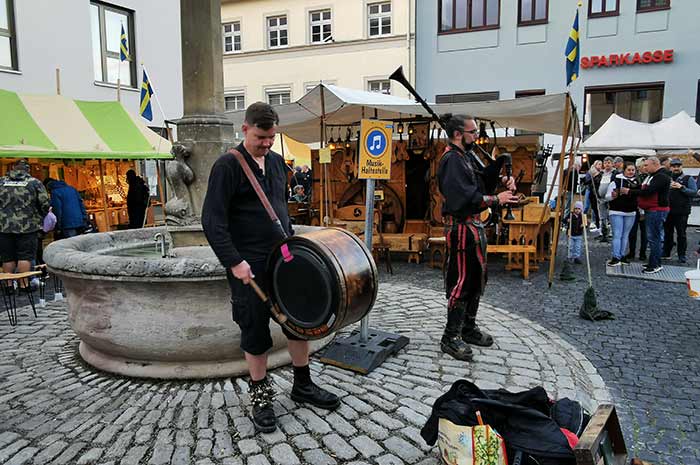
But despite this dark period in Germany's history, the Weimar onion market did not lose its popularity and was able to establish itself again after the Second World War as a permanent fixture in culture- and tradition-conscious Weimar.

Although the market today is no longer just dedicated to trading the popular vegetables, the many folkloric stalls, the artfully woven onion braids and the sweet-tart scent of the Weimar onion cake are still reminiscent of the time when it was created and leave behind the hustle and bustle of the past times to revive.

Please read as well: